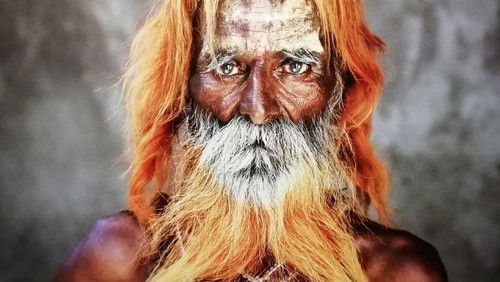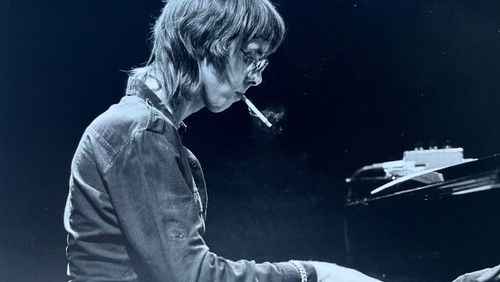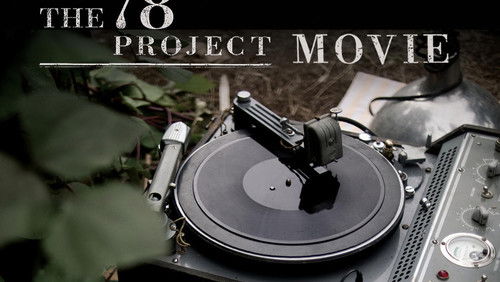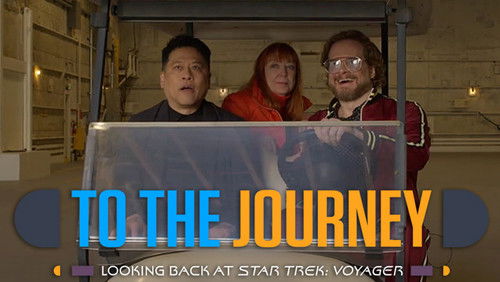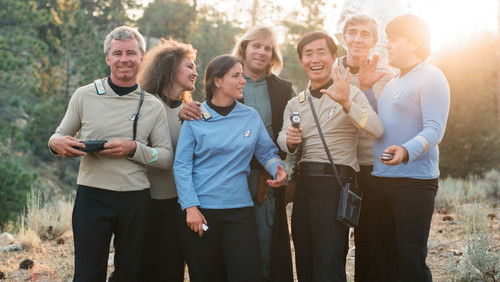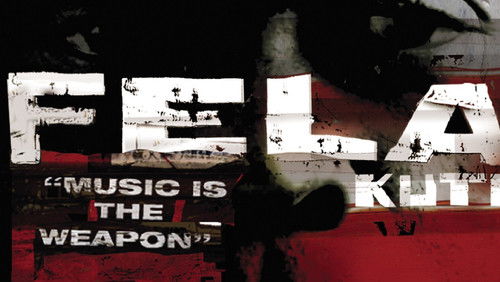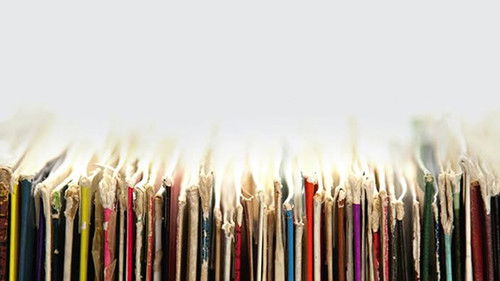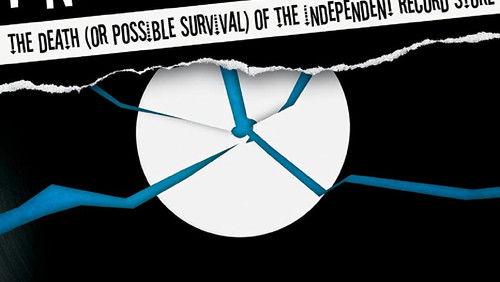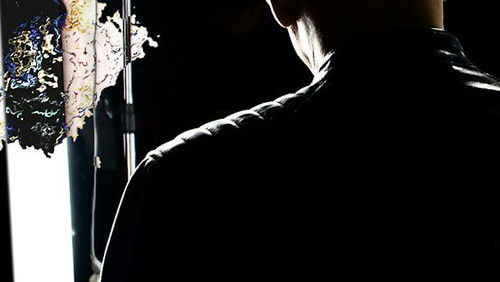Jihad: A Story of the Others (2015)
38KJihad: A Story of the Others: Directed by Deeyah Khan. With Deeyah Khan, Abu Muntasir, Alyas Karmani, Usama Hasan. An unflinching but sensitive and personal examination of jihadism and radicalisation, its causes and its possible solutions.
“Jihad: A Story of the Others is a second documentary by Deeyah Khan, following her earlier Banaz: A Love Story–both shown on the UKu0026#39;s ITV commercial network–which shows once again her unique insight into todayu0026#39;s globalised world of hyper-diversity, deriving from her cosmopolitan background as a woman of Afghani-Pakistani extraction growing up in Norway, allied to her remarkable individual capacity for human empathy. Deeyah gets beyond the stereotypes of u0026#39;the othersu0026#39;, purveyed in the media and widely held within majority communities, and in particular explores and explains the tensions within minority communities, including between men and women, as individuals wrestle with the competing and cross-cutting attractions and repulsions of modernity and tradition, power and resistance, finding–and sometimes losing–their way as and how they can. Banaz was a horrific story of an u0026#39;honouru0026#39; killing of a young Asian woman in the English midlands, cast out and killed by members of her family for transgressing conservative and religiously-sanctioned interpretations of womenu0026#39;s roles, while facing neglect from the police service to whom she appealed in desperation. Jihad, by contrast, is about marginalised young men who find in violent Islamist groups the constructed certitude of identity and esteem they lack in a world at best indifferent, at worst antagonistic, to them. Some, older and wiser now, reflect on that appeal to Deeyah–interviewer as well as director–as in a rear-view mirror. And there is an extended exchange with a distressed cleric who, in his fundamentalist youth, led some down that path. This makes for compelling documentary television. But from another angle it is an intriguing piece of social-science research. Counter-intuitively, the literature on u0026#39;terrorist recruitmentu0026#39; shows there is no significant correlation with poverty and material disadvantage. What Deeyahu0026#39;s film shows is that non-material factors count for a lot more–in particular how such organisations (because of, rather than despite, the sacrifices they demand of individuals who join them) can integrate a fragmented and incomplete sense of self. And there is the specific masculinist aspect: in the face of what they individually see as their u0026#39;impotenceu0026#39; to respond to attacks on their ingroup, these young men (as everywhere it principally is) believe that being part of a disciplined armed collective will enable them to turn the tables on their supposedly-infidel opponents. Deeyah has a rare ability to make documentaries which are at one and the same time engaging and popular while making profound and disturbing points. No doubt the next will pack a similar punch–while pulling none.”
